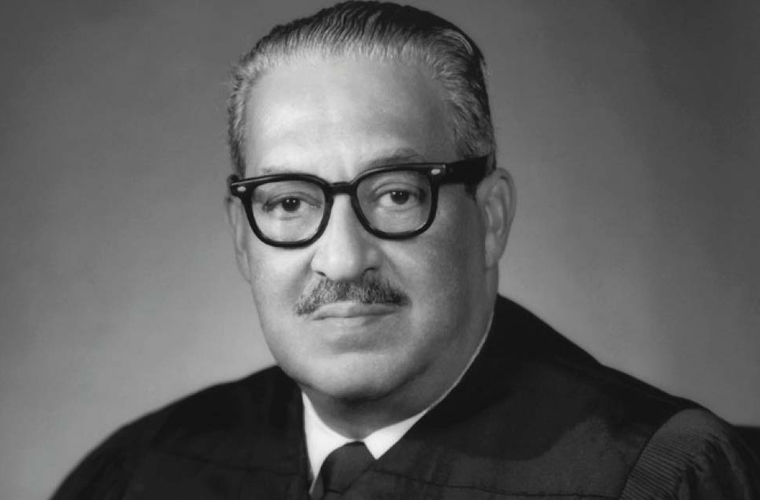Thurgood Marshall was a prominent American lawyer and civil rights activist who played a pivotal role in the struggle for racial equality in the United States. Born in Baltimore, Maryland in 1908, Marshall grew up in a segregated society where discrimination against African Americans was rampant. Despite these obstacles, he went on to become the first black Supreme Court Justice in American history, and his legacy continues to inspire generations of lawyers and activists today.
Marshall’s early life was marked by hardship and adversity. His parents were both schoolteachers, but they struggled to make ends meet, and Marshall was forced to attend a substandard segregated school. Despite these challenges, he excelled academically and went on to attend Lincoln University, a historically black college in Pennsylvania. After graduating, he applied to the University of Maryland Law School but was denied admission due to his race.


















Undeterred, Marshall went on to attend Howard University Law School, where he was mentored by the renowned civil rights lawyer Charles Hamilton Houston. After graduating in 1933, Marshall joined the NAACP Legal Defense and Educational Fund, where he worked tirelessly to challenge segregation and discrimination in the courts.
One of Marshall’s most famous cases was Brown v. Board of Education, a landmark Supreme Court decision that struck down the doctrine of “separate but equal” in public education. Marshall argued that segregation in schools violated the Constitution’s guarantee of equal protection under the law, and the Court ultimately agreed, ruling that “separate educational facilities are inherently unequal.”
Marshall’s work on Brown v. Board of Education was just one example of his tireless efforts to promote racial equality and justice. Throughout his career, he argued numerous cases before the Supreme Court, challenging everything from voting restrictions to housing discrimination to police brutality. He also served as the first black Solicitor General of the United States and as a judge on the U.S. Court of Appeals for the Second Circuit.
Despite facing constant opposition and hostility throughout his career, Marshall remained committed to his principles and never wavered in his pursuit of justice. His legacy continues to inspire generations of lawyers and activists today, and his contributions to the fight for civil rights will never be forgotten.

